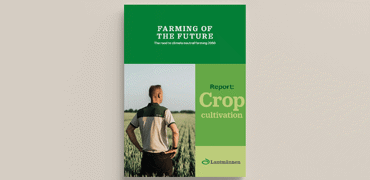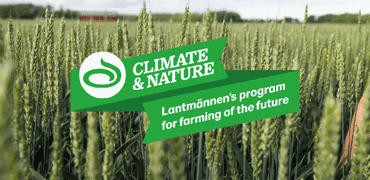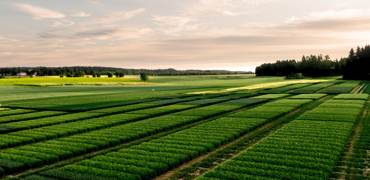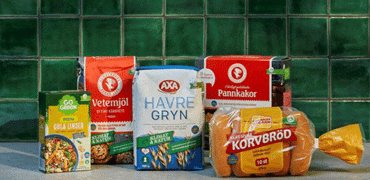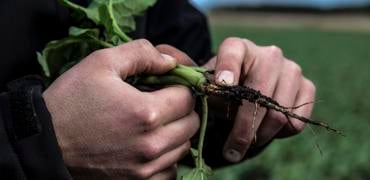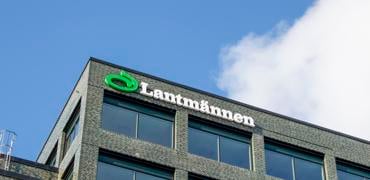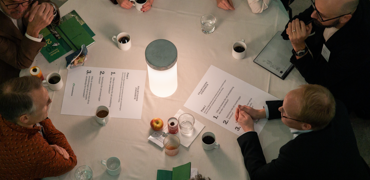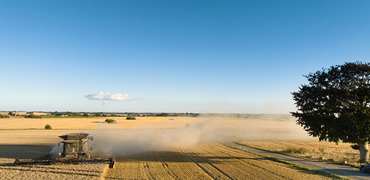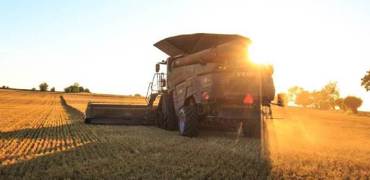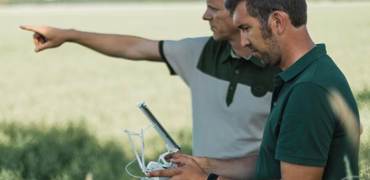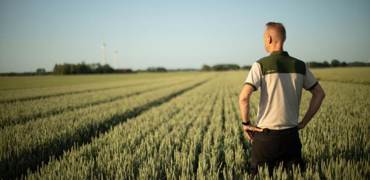Today, Sweden’s food self-sufficiency rate is around fifty percent – only half of the food consumed is produced in Sweden – creating both a significant trade deficit and a structural vulnerability, according to Lantmännen. At the same time, the agriculture and food sector is one of the country’s most important and largest industries, employing around one hundred thousand people and generating a turnover close to three hundred billion kronor. The sector’s growth and development potential is substantial.
“Sweden has taken important steps with the decision to establish grain preparedness stocks, but long-term resilience requires more. We need long-term policies that make it possible to produce more food in Sweden, to strengthen our self-sufficiency while meeting climate targets in a competitive way,” says Per Arfvidsson, Deputy CEO of Lantmännen.
According to Lantmännen, genuine resilience requires a significant increase in domestic food production over time. The company has repeatedly stressed that profitable growth in agricultural and food production is essential for both preparedness and the green transition.
Lantmännen also emphasises the need for broader cooperation between more parliamentary committees, ministries and agencies to create long-term conditions that strengthen competitiveness, profitability and production in line with the national Livsmedelsstrategi 2.0. It is also concerning that emissions from the transport sector are decreasing too slowly. This increases the risk that agriculture will face production-restricting climate measures as compensation, since both sectors are included in the same emissions-reduction framework.
“The timeframe to 2030 is short, and policymakers need coordinated and long-term decisions to ensure that production, preparedness and climate goals advance together. Investments in climate adaptation and agricultural water management are crucial to handle increased precipitation and higher temperatures,” concludes Per Arfvidsson, Deputy CEO of Lantmännen.
For more information, please contact:
Lantmännen's Press Office
Tel: +46 10 556 88 00
E-mail: press@lantmannen.com






